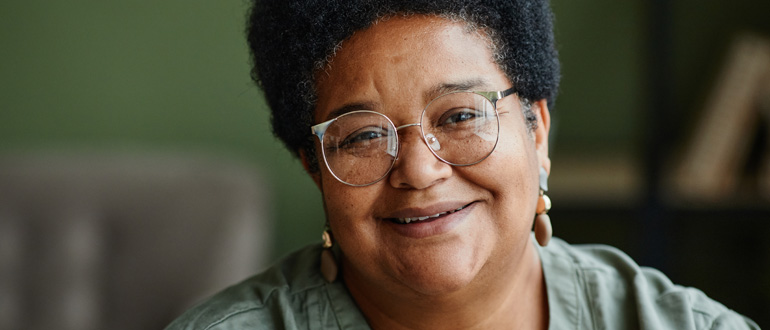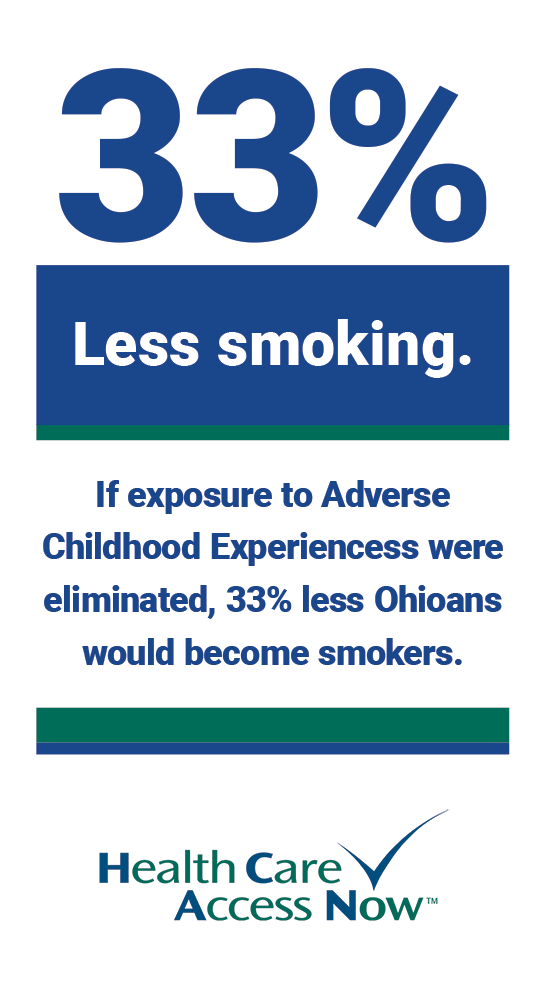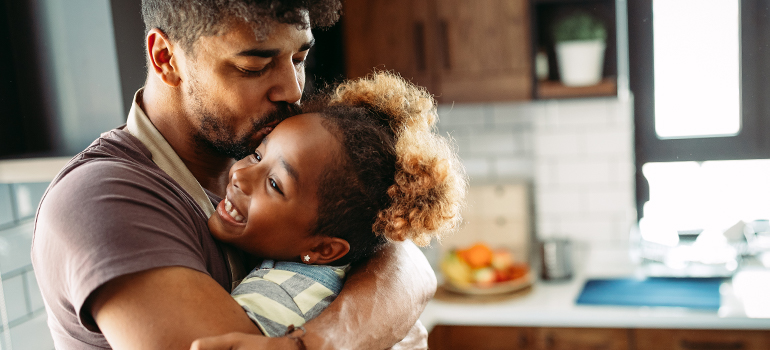When damage is ongoing: Coping with chronic trauma

What happens when you know you will face at least some form of trauma every day of your life? How do you cope?
There are many types of trauma including acute, complex, generational, and chronic trauma.
Acute trauma is the kind associated with one big event, like a home invasion or a car accident.
But chronic trauma is the kind that just keeps happening. Racial trauma falls into this category. People of color continuously run the risk of encountering individual and/or systemic racism. It’s not an exaggeration to say that people of color face traumatic stressors in practically every environment—whether that’s at work, going to a doctor’s appointment, shopping for groceries, or just walking down the street.
It isn’t easy to heal from any kind of trauma—but healing from chronic trauma is particularly difficult because the sufferer is forever having the trauma reintroduced.
How chronic trauma can affect you
Chronic trauma can feel overwhelming, resulting in anxiety and avoidance of situations where you believe you are likely to experience the trauma again. It can also “distort your sense of self” or “cause relationship challenges.” Other symptoms include emotional dysregulation, flashbacks, and nightmares.
This kind of trauma affects you emotionally, and it affects you physiologically. If your body is always on high alert, you overproduce adrenaline and cortisol (stress hormones). Trauma also suppresses your body’s ability to release oxytocin (the “love” hormone) and can lead to increased inflammation.
These physiological changes can have a profound effect on every aspect of someone’s life, from weight gain to sleep disruption to heart disease to the use of unhealthy habits (like smoking) as a coping mechanism.
What can you do about it?
Coping with racial trauma is an individualized process. Some suggestions include:
- Sharing your experiences with people who will hear your pain
- Taking stock of triggering situations and people, so you can prepare yourself for encounters
- Advocating for yourself and others in your community
- Recognizing when you feel overwhelmed and taking a break
If you assess a situation and recognize that it will cause you harm (mental, emotional, or physical), sometimes the best course of action is avoidance. But it’s also necessary to recognize when you have slipped into isolation. There’s a fine line between taking care of yourself and withdrawing.
And coping doesn’t have to be all doom and gloom. It doesn’t even have to be all meditation and therapy! Surround yourself with friends and family who make you feel safe and loved. Consume media that reinforces a positive self-image.
It’s difficult for people of color to avoid having racial trauma reinforced. That’s why it’s so important to find ways to combat negative feedback and remember your self-worth.







